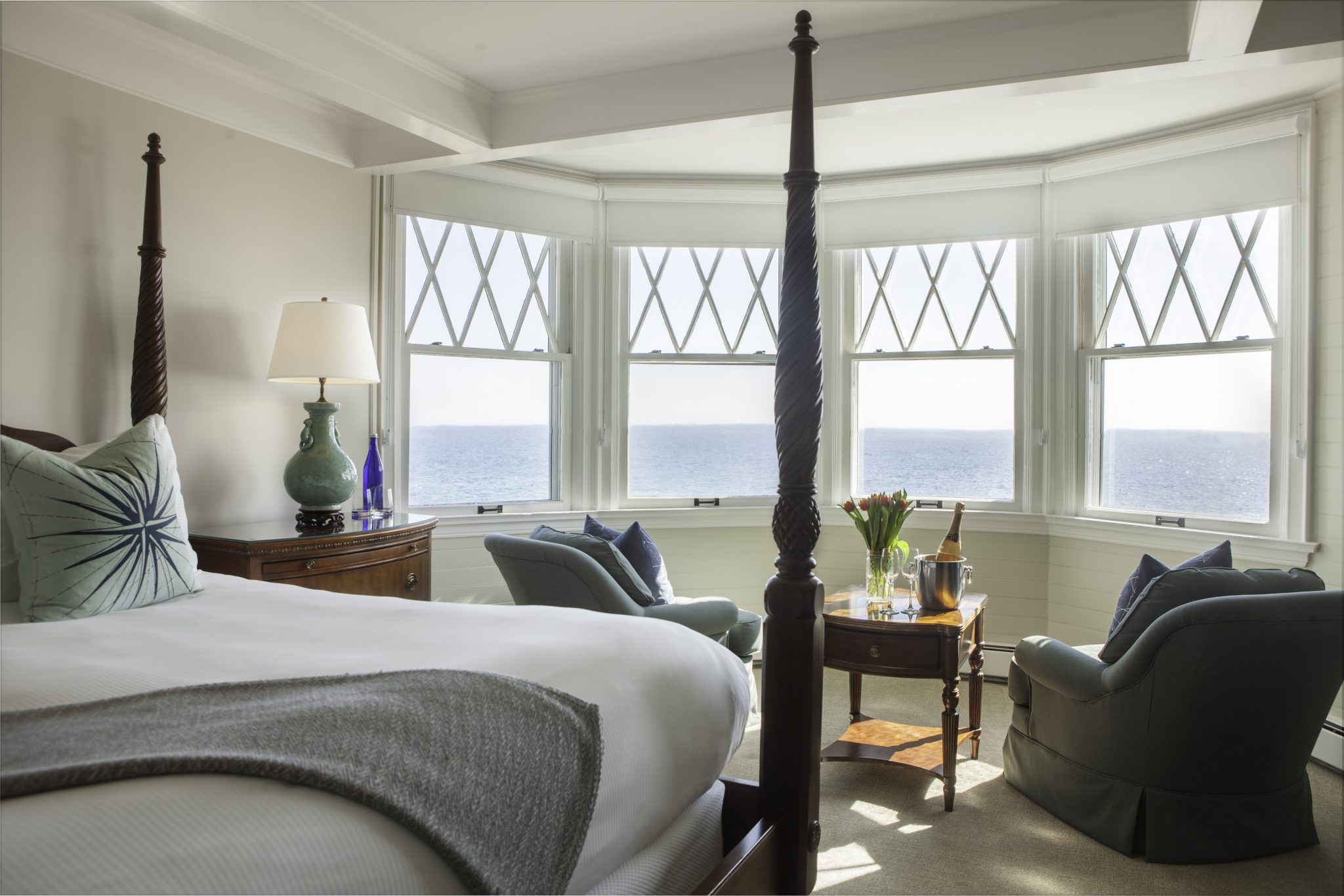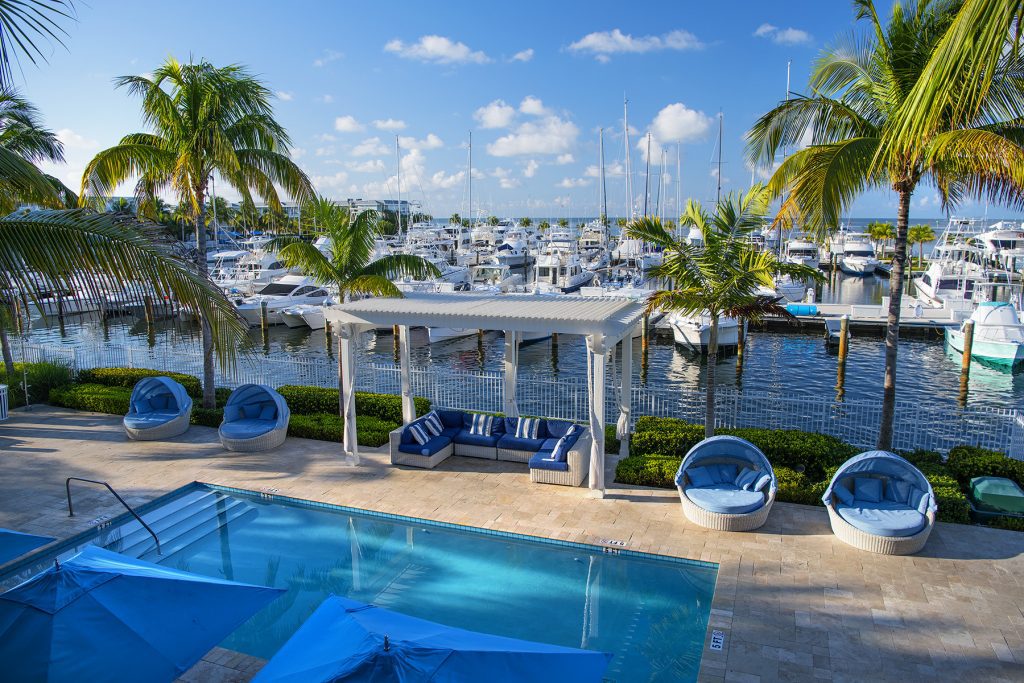Skift Take
Increasing the allotments to international worker visa programs like H-2B and J-1 will barely help the hotel labor shortage crisis in vacation markets. Longer-term solutions, like marketing hotel careers early to students, need to be implemented to achieve any real change.
From southern Maine to southern California, hotel bookings are up and employee counts are down heading into what most expect to be one of the busiest U.S. summer travel seasons on record.
Seasonal markets stand to be even more impacted by the swelling labor crunch across the entire industry. These smaller towns and cities like Key West and Myrtle Beach, South Carolina, have reported some of the highest occupancy rates in the U.S. during the pandemic while top 25 markets like New York City and San Francisco floundered.
Hotel owners point to a combination of slow approvals with international worker visas, pandemic health concerns, and federal benefits keeping staffers away from what should be the busiest months of the year.
But many of these vacation markets have dealt with smaller staff counts while accommodating near-normal demand levels. It’s a problem that was already a headwind for hoteliers before the pandemic and one unlikely to solve itself anytime soon.
“It’s going to be a longer issue than the easy response of saying employees will come back once the [extra federal unemployment benefits] go away,” said Justin Grimes, managing director of the Kennebunkport Resort Collection in southern Maine. “Covid kicked some people out of the industry or gave people a chance to transition to a new industry, whether it was by necessity or they just realized this is not something they want to be doing anymore. I think what it’s really going to come down to is how to get more creative.”
The pandemic forced most hotel operators and companies to lay off workers early on, and many of those turned to new industries like retail, which often pay higher wages than hotels.
There has been much debate around whether the extra $300 in weekly federal unemployment benefits kept some workers away when demand warranted job callbacks. But vacation markets have more unique labor problem than cities with bigger year-round populations and talent pools.
Coastal towns often rely on H-2B and J-1 worker visas to bring in labor from foreign countries to staff up for the busiest parts of the year; however, the Trump administration severely curtailed these programs during its one term in office.
While the Biden administration plans to increase the availability of these visas this summer, hotel owners say staff shortages at embassies around the world as well as travel restrictions will likely limit how effective the program can be at filling available positions.
“It becomes a question of how fast the government can issue visas, find the applicants, get them flown in, and get them tested,” said Simon Mais, chief operating officer at EOS Hospitality, owner of the KRC in Maine as well as resorts in various U.S. vacation markets like Key West and Myrtle Beach. “Those become challenges.”

A guest room at the KRC’s Cape Arundel Inn & Resort (Credit: Kennebunkport Resort Collection/Heidi Kirn)
EOS is heading into the summer with about 100 fewer seasonal staffers than normal at its Kingston Resorts portfolio in Myrtle Beach. The company’s Oceans Edge Resort & Marina in Key West has sustained high demand throughout the pandemic, giving it more time to recruit workers, but even that property is down about 30 workers than usual.
“We are as prepared as we can be. Would we like to have another 100 associates? Yeah, but we all have game plans in place for how we are going to get through this,” Mais said. “Our biggest thing is to not limit the availability of the guest rooms.”
Some competing hotels have limited capacity to 80 percent because of staffing shortages, he added. EOS has not had to do this at its resorts.
The Curator Hotel & Resort Collection, a group of independent hotels launched during the pandemic, sees anywhere from 10 to 70 openings at many of its vacation market hotels, Jon Bortz — the brand’s founder and chairman as well as CEO of Pebblebrook Hotel Trust — said in an interview with Skift.
Curator’s portfolio includes properties in markets across the U.S. like Hawaii, Southern California, and various parts of Florida.
“[Additional H-2B visas] will help, but I don’t think it’s going to be large enough to solve the problem,” he added.
Wooing Workers
Most travelers will be taking their first vacation since the start of the pandemic and expect a high level of service to coincide with that, whether there’s a staff shortage or not.
These markets aren’t necessarily cutting down on amenities. The KRC enlisted Broadway star Alan Cumming for a summer pop-up series of his New York City nightlife hotspot Club Cumming this year. Curator’s hotels continue to tout various full-service features like restaurants and spas.
But hotel operators are scrambling to make do with what resources they do have available. That means staffers accrue significant overtime pay and managers assist housekeeping staff strip rooms after a guest checks out. But owners aren’t giving up on recruiting more workers, either.
Signing bonuses for various positions like housekeeping and kitchen staff are increasingly normal. EOS offers sign-on bonuses of up to $500, and Mais said it’s not uncommon to see some hotel owners go as high as $2,000. Companies make sure to pay the bonuses in increments over several months to make sure workers stick around.
Curator also offers sign-on bonuses and utilizes a variety of vendors to find temporary workers to offset labor shortages, Bortz said.
The KRC has a referral program and expanded its housing program for the year. The Southern Maine resort group usually only offers housing to its international workers but opened it up for workers who live in the U.S. and even hail from nearby parts of the region.
That addresses a growing problem that many vacation markets in the U.S. like Nantucket and Martha’s Vineyard are starved for hospitality workers but are simply too expensive for many of these people to find a nearby place to live.
Getting Worse Before It Gets Better
These hotels and others across the U.S. may have plans mapped out to tackle the summer season, but there is still a longer-term structural issue that needs to be addressed.
Hilton repositioned workers from underutilized city hotels during the pandemic to EOS’ Hilton and Embassy Suites properties in Myrtle Beach during the pandemic, Mais said. But those workers are needed back in the city now that vaccine distribution is bringing case counts lower and business is expected to pick up this summer.
Raising hotel worker wages to at least meet what other industries pay is always a leading talking point among the industry in how to remain competitive. Other measures like apprenticeship programs and better marketing of the hotel industry to students in trade schools and universities are also needed, Grimes said.
“Whether it’s trade school or whether it’s partnering with local community colleges and hospitality schools, I think this is going to be a longer issue on staffing,” he said. “I don’t think we’re out of the woods yet.”
Have a confidential tip for Skift? Get in touch
Tags: coronavirus, coronavirus recovery, key west, myrtle beach, Pebblebrook Hotel Trust
Photo credit: Hotels from Key West to Kennebunkport, Maine, report staffing shortages heading into the summer, largely due to stalled worker visa programs and slowed down recruiting. (pictured: Oceans Edge Resort & Marina in Key West) Oceans Edge Resort & Marina
